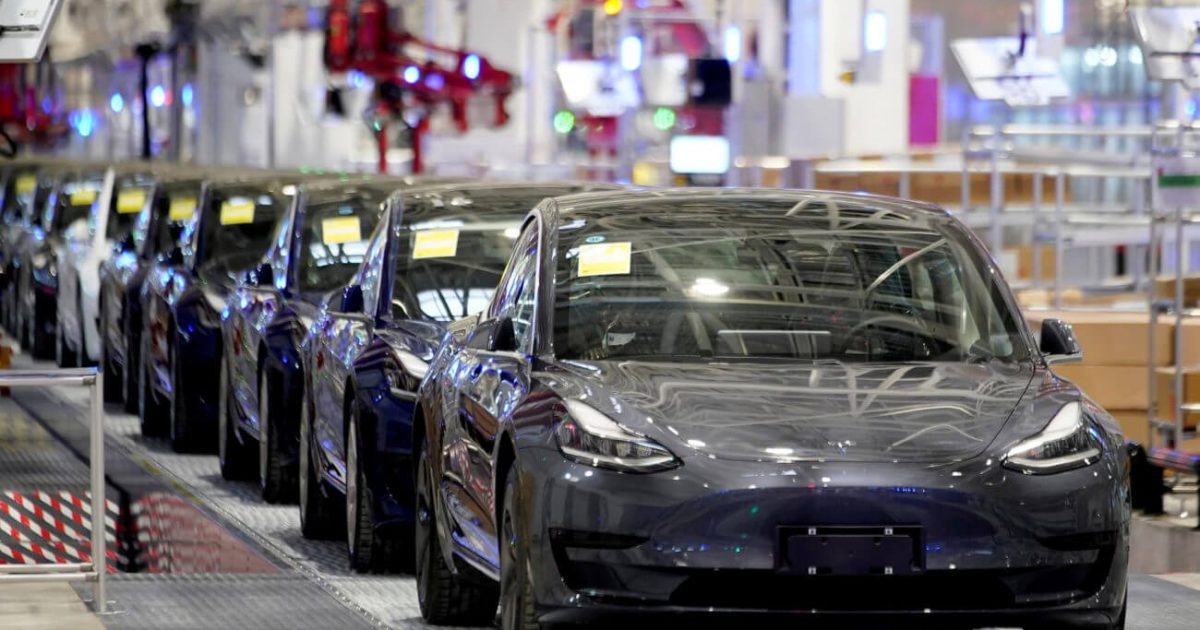- With zero ad budget, Tesla relies on free methods of advertising.
- The electric carmaker enjoys strong engagement on platforms such as YouTube and Twitter.
- Established carmakers are traditionally heavy advertisers. Will Tesla follow suit as competition intensifies?
Tesla (NASDAQ: TSLA) spends $0 on advertising. But that hasn’t stopped the firm from selling over 1 million all-electric cars globally as of April.
As the world’s top-selling electric car maker, Tesla produced its one-millionth car in early March.
Time for Tesla to change strategy?
Tesla enjoys a first-mover advantage, with its rise being fueled by environmental concerns over the harmful effects of fossil fuels. This, in a way, has served as free advertising.
But times have changed, and competitors, both emerging and established carmakers, are muscling their way into the electric vehicle space.
With broadening consumer choice, early results show that if Tesla is to grow beyond its current fan base, word of mouth and Elon Musk’s Twitter account won’t be enough.
Evidence of what could happen to Tesla’s market share as consumer choice increases have already emerged.
Data from Norway and China should worry Tesla
Last month, Model 3 sales dropped to second place in China despite leading in the prior three months.
In Norway, Model 3 had been in the sixth position for the first four months of the year. But in April, Model 3 sales fell to 19th spot.
Though this is not conclusive evidence, it does reveal that Tesla has an uphill climb if it continues to shun advertising while its competitors spend heavily on marketing.
Volkswagen, for instance, intends to spend $2 billion on advertising for its zero-emission cars.
In the United States, Tesla will have to contend with General Motors (NYSE: GM), one of the biggest ad spenders in the country.
GM’s advertising budget in 2018 totaled $3.14 billion, making it the fifth-largest advertiser in the U.S.
GM has big plans for electric vehicles, including dedicating two plants for the production of such automobiles. By 2023, GM hopes to have unveiled a minimum of 20 new electric car models.
The Detroit automaker also intends to establish the United States’ largest collective EV-charging network “with access to more than 31,000 charging ports.”
What’s Elon Musk’s excuse for not spending on advertising?
Elon Musk has long argued that a great product eliminates the need for advertising. But this argument falls flat in light of growing competition.
GM has, for instance, promised that all its electric-vehicles would boast a range of at least 400 miles. They will charge 100 miles in 10 minutes and accelerate from zero to 60 mph in about three seconds.
That beats the Long Range Model 3 significantly. Tesla’s mass-market car boasts a range of 322 miles and an acceleration of to 60 mph in 4.4 seconds.
For Volkswagen, two of its brands–Audi e-tron and Porsche Taycan–have received rave reviews despite being pricey. In recent months, the former has become the best-selling electric car in Norway.
Before its too late
According to Musk, the money saved by not spending on advertising is used to improve cars. Last year, the Tesla CEO said the policy could change in the future.
“Maybe so eventually,” Musk tweeted in response to an appeal to budget to advertise his company’s products.
The time for Tesla to start advertising is now. Without ad spend, legacy carmakers will continue nibbling away at Tesla’s market share until there is nothing left.
Disclaimer: This article represents the author’s opinion and should not be considered investment advice from CCN.com. The author holds no investment position in the above-mentioned securities.
This article was edited by Sam Bourgi.




